WEBINAR
The Importance of Soft Skills for Assessors and Auditors
Soft skills are personal attributes, traits, and behaviors that enable an individual to effectively interact with other people. They are a combination of social and communication skills, as well as personality traits and attitudes.
Soft skills are particularly important in jobs that require employees or contractors to engage with others, such as when performing an audit or assessment of a client. Assessors and auditors in every industry are often faced with delivering a negative outcome of the assessment or audit activity and the result can sometimes have an impact on the survival of the organization. Not everyone can deliver that message and even fewer can do so without further upsetting the client. Soft skills are crucial to be able to deliver difficult messages productively.
It takes a variety of soft skills to be an effective auditor or assessor. Being an effective communicator, practicing active listening, and taking thorough notes are three areas in which auditors or assessors can focus on soft skills. Understanding and having empathy goes a long way in many situations.
Takeaways
- Both verbal and non-verbal communication are important when interacting with a client.
- Attentive and reflective listening ensures that what was said is what was heard and understood.
- How to be empathetic yet get the job done.
- Effective note taking documents objective evidence and can pinpoint side issues or audit trails.
Presenter
Melanie Ross has more than 15 years of experience in quality assurance, quality control, and quality management. She has worked in a variety of industries, including chemical, biological, oil and gas, and aerospace, developing quality management systems, including internal audit programs, vendor qualification procedures, and implementation of lean six sigma. Currently, Ross is a Technical Products Developer with ANAB, responsible for developing and delivering training and talks on a variety of topics, including ISO/IEC 17025, cause analysis, internal auditing, and risk-based thinking.
